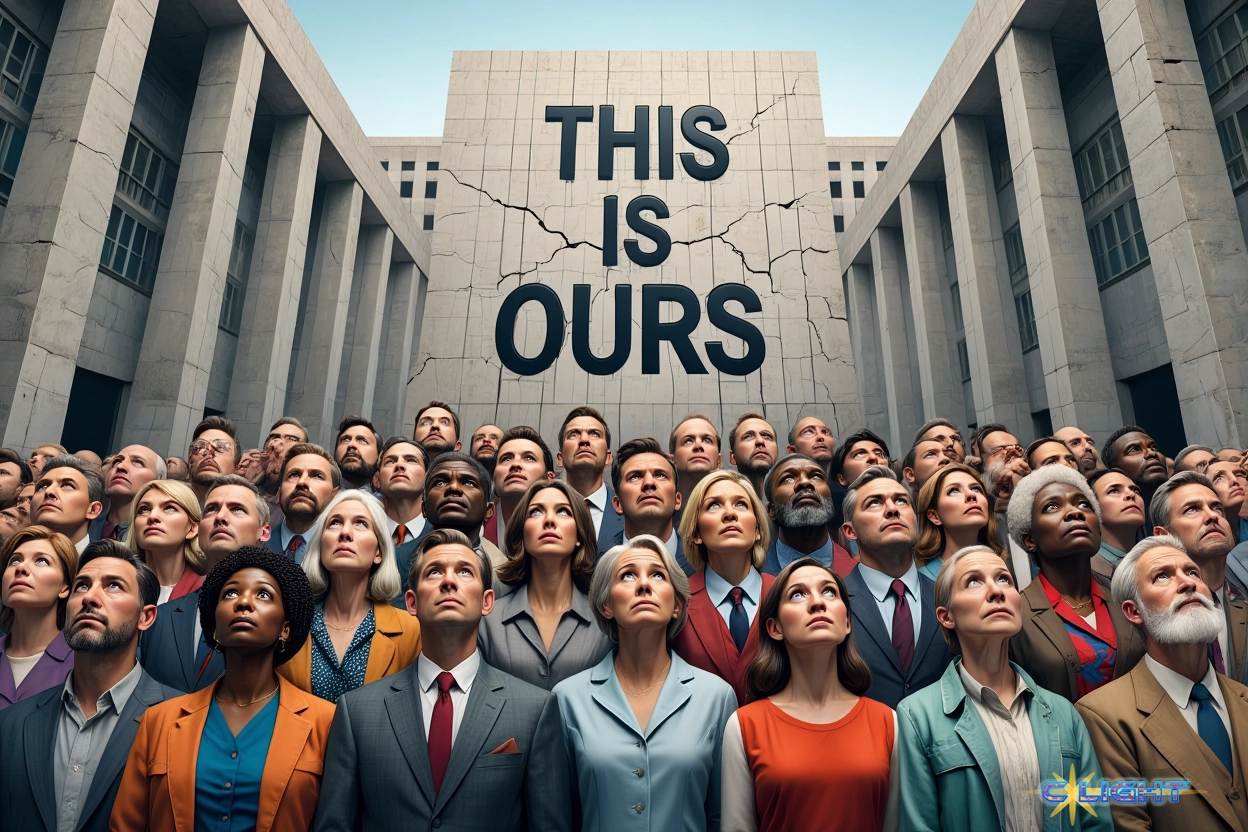On Tuesday night, in the city that never sleeps, the American political establishment was served the wake-up call of a lifetime. The unthinkable happened. Andrew Cuomo—a name synonymous with New York power, a political titan, the scion of a Democratic dynasty with a colossal war chest and the full-throated backing of the party machine—was defeated in the Democratic primary for mayor of New York City. He was not beaten by a well-known rival or a fellow establishment grandee. He was toppled by a 33-year-old, Uganda-born, Indian-American, Muslim state assemblyman from Queens.
The question ricocheting from the Bronx to the Beltway this morning is not just who won, but what the victory means. So, who the hell is Zohran Mamdani, and how did he just upend American politics?
To understand the Mamdani phenomenon is to understand the yawning chasm between the priorities of the professional political class and the crushing reality of daily life for millions of working people. For years, the Democratic party has operated on a playbook of moderation, of triangulation, of cautious incrementalism designed not to spook centrist voters. Mamdani took that playbook and set it on fire.
He is not just another Democrat. He is a card-carrying, dues-paying member of the Democratic Socialists of America. And his platform was not a set of poll-tested policy tweaks; it was a radical, unapologetic assault on the cost-of-living crisis hammering New Yorkers. He ran on, and won, by promising a rent freeze, free city buses, universal childcare, and the creation of city-owned grocery stores to combat food deserts and price gouging. While other candidates talked about tax credits, Mamdani talked about public ownership. While they talked about reform, he talked about revolution.
He is different not just in policy, but in practice. He won by rejecting the traditional paths to power and building a new one. His campaign was a multi-ethnic, multilingual, class-based coalition of tenants, transit riders, union members, and young people who had never been activated before. He didn’t win by convincing the old guard; he won by building a new army.

Naturally, the Republican machine is already trying to paint him as an evil communist coming to take away your freedoms. The attack ads practically write themselves. But to ask where his loyalties lie is to miss the point entirely. His loyalty isn’t to a foreign ideology or a political party; it is, in his own words and by his every action, to the working class of New York City. He is a fierce advocate for tenants against landlords, a champion of Palestinian rights, and a constant voice for the idea that a government’s primary, moral obligation is to lower the cost of survival for its people. When asked about his victory, he was clear: “This is not my victory. This is ours.” His loyalty is to the movement.
And that is precisely why the national Democratic establishment is watching this race with a mixture of terror and fascination. Mamdani’s victory is a massive warning shot across their bow. It provides a stunningly effective new playbook that challenges decades of conventional wisdom. It suggests that the path to victory may not be through chasing a handful of swing voters in the center with watered-down rhetoric, but by energizing a massive, diverse coalition of the economically disenfranchised with a bold, populist message that speaks directly to their pain.
The defeat of a titan like Cuomo proves that a famous name, nine-figure fundraising, and the full support of the party apparatus are no longer a sufficient defense against a challenger who is seen as authentic and connected to the struggles of ordinary people. Every establishment Democrat in a safe blue district is now looking over their shoulder, wondering if a Zohran Mamdani is organizing in their own backyard.

But with this victory comes the inevitable, ugly backlash. For a candidate like Mamdani, who embodies a multitude of identities that have long been “othered” in American politics, the attacks on his identity are not a bug in the system; they are a central feature of the opposition’s strategy. Racism and bigotry are already coming from all sides. The right-wing media machine will use his Muslim faith, his Ugandan-Indian heritage, and his pro-Palestinian advocacy to paint him as a dangerous, foreign, anti-Semitic radical. And from the so-called center, the “concern trolls” within his own party have already begun whispering that he is too extreme, too different, too “other” to lead a city as complex as New York.
The sad truth is that for the foreseeable future, racism will not end; it will only intensify. It is the predictable, reflexive response of a political system grappling with a figure it cannot easily categorize or control.
Zohran Mamdani did not just win an election on Tuesday. He exposed the deep rot in the foundation of the Democratic establishment and proved that a new theory of political change is not only possible, but powerful. He has redrawn the map, not just of New York City, but of what is considered electorally viable in America. The establishment has been put on notice. The only question now is whether they will heed the warning from this political earthquake or be swept away by the next one.
Discover more from Clight Morning Analysis
Subscribe to get the latest posts sent to your email.










